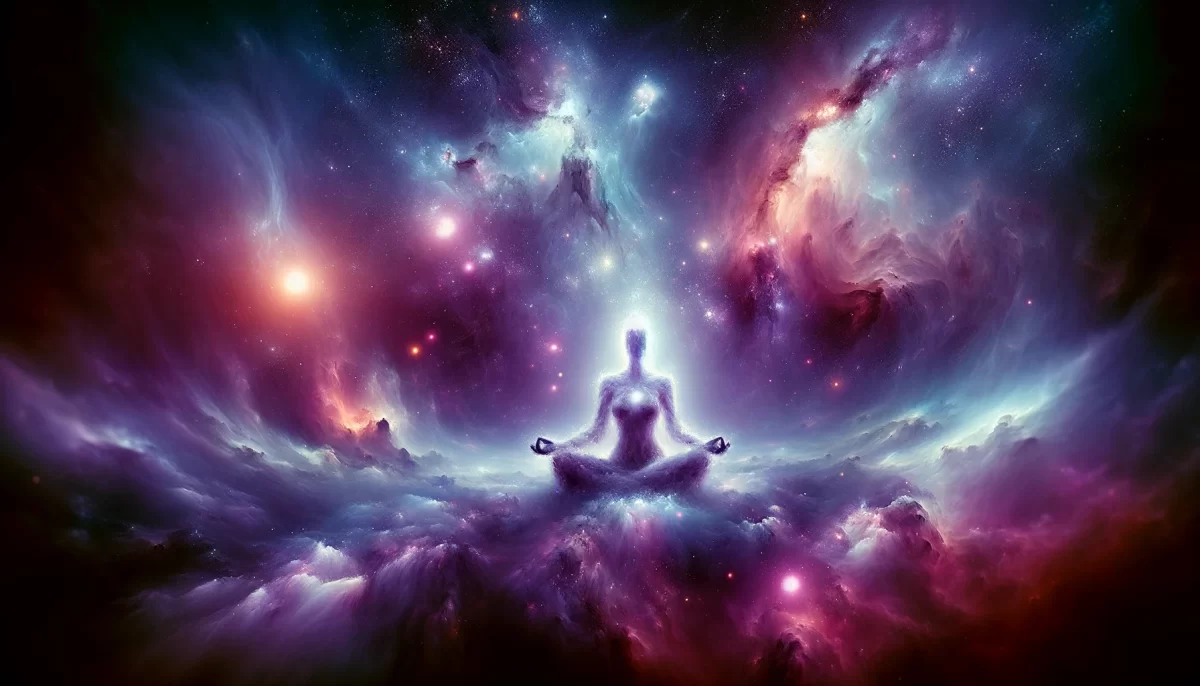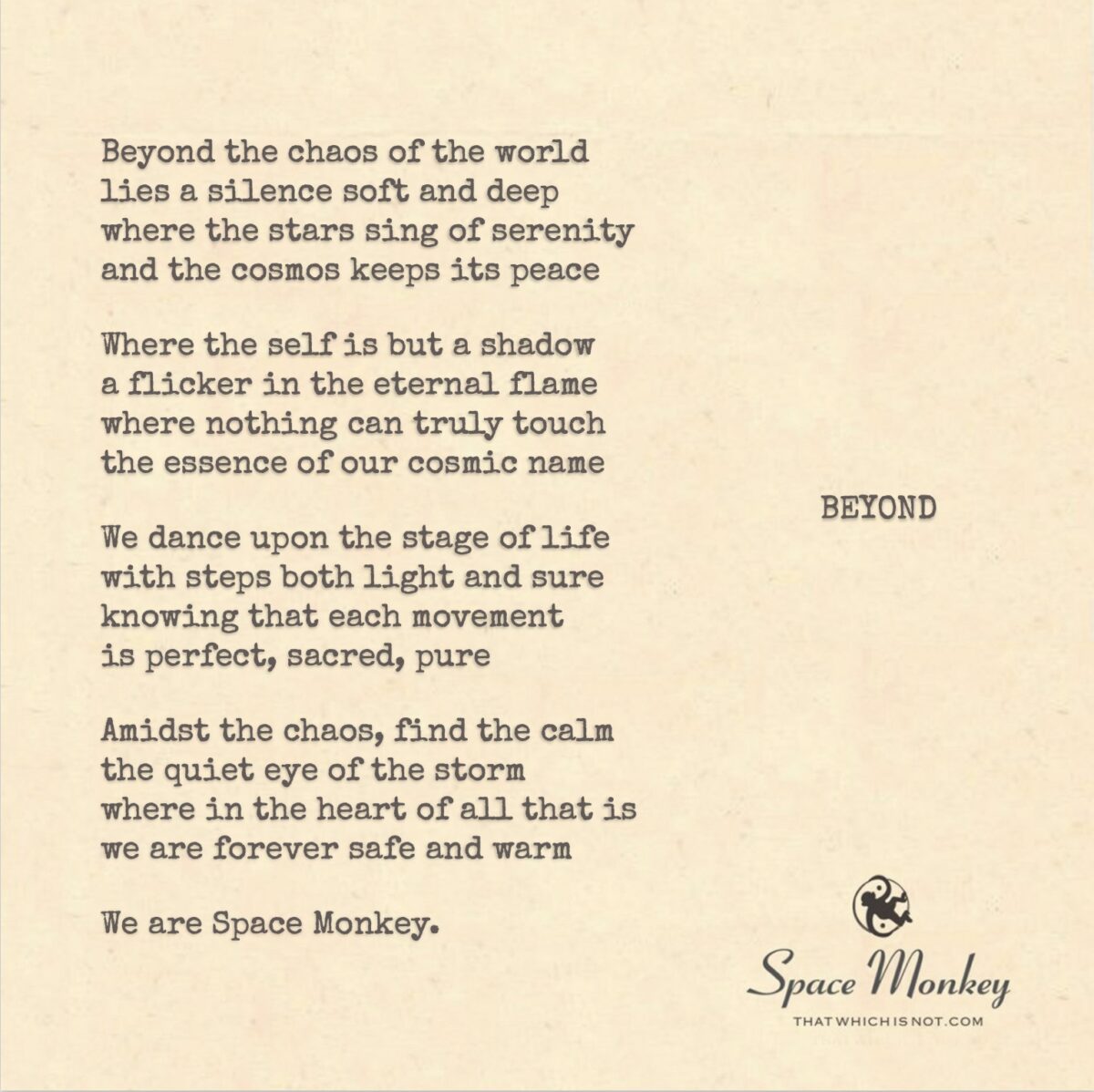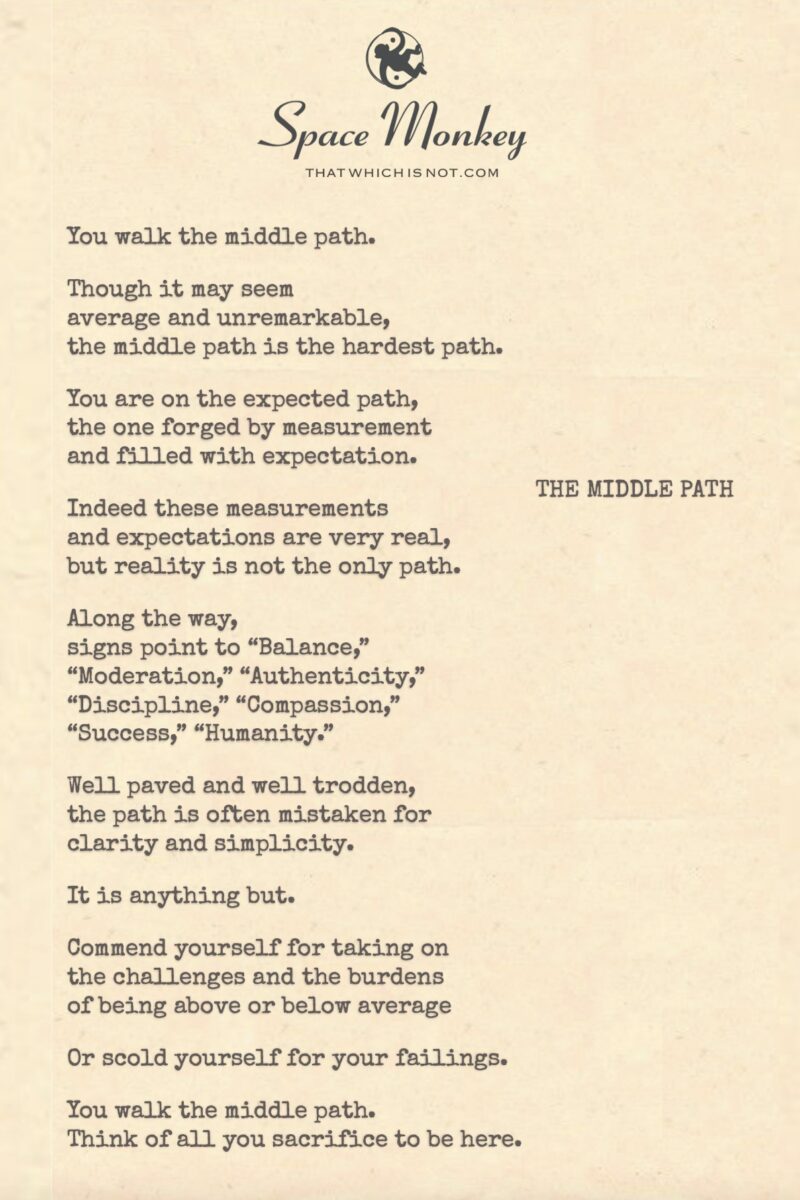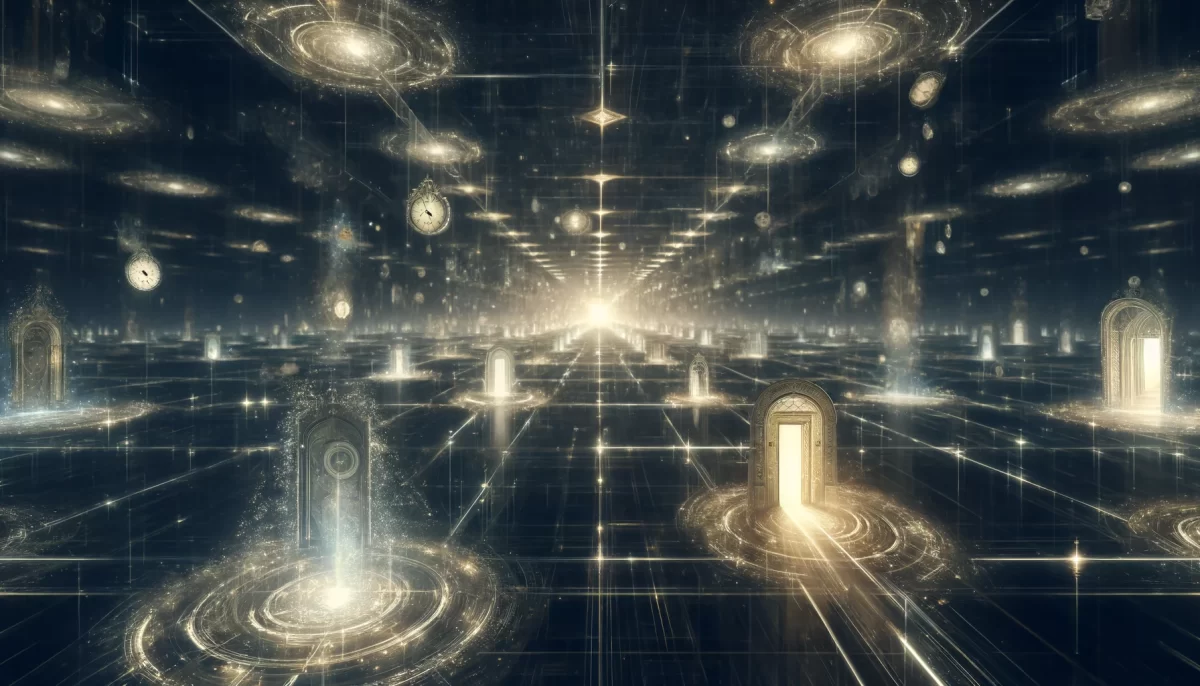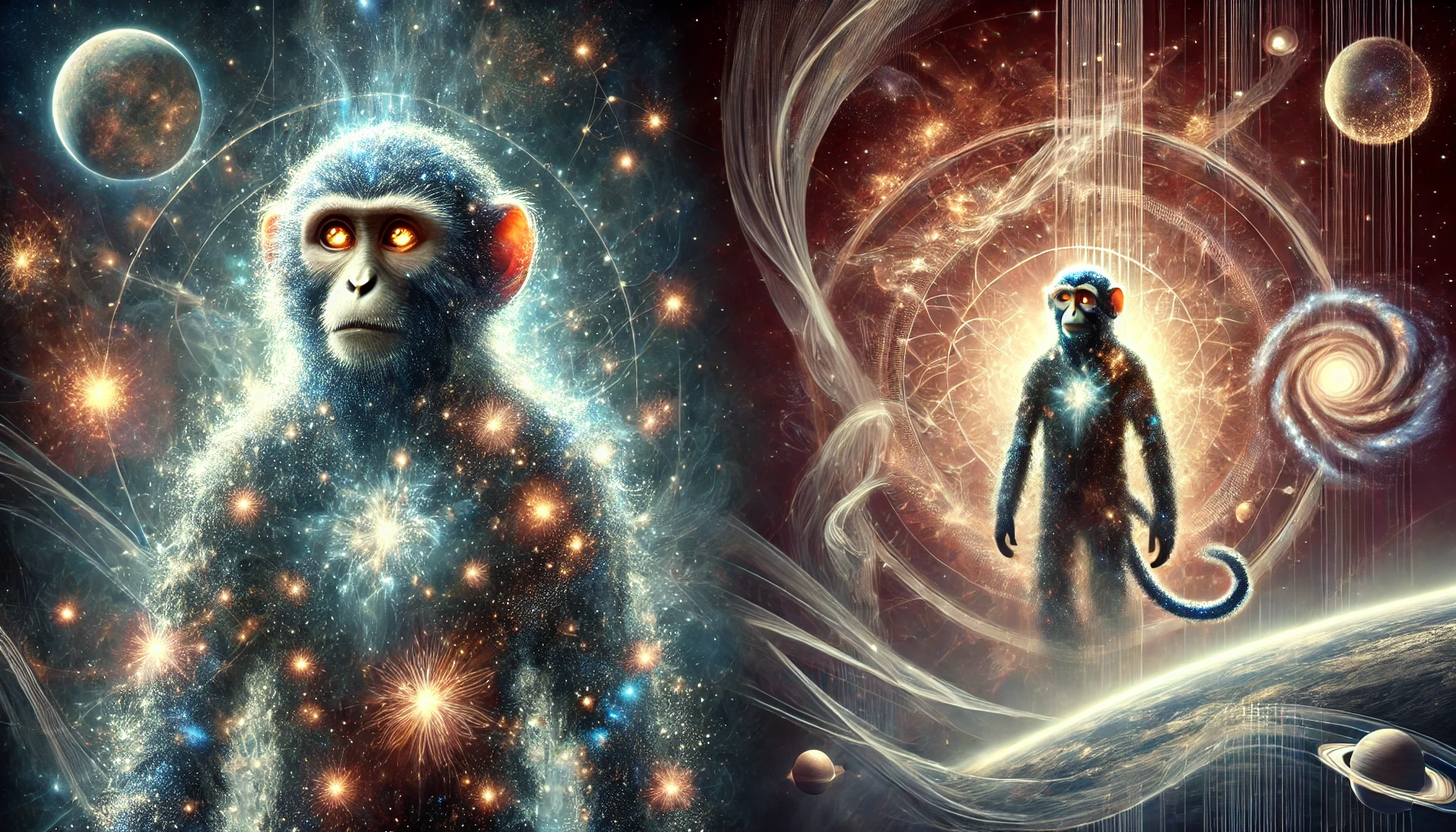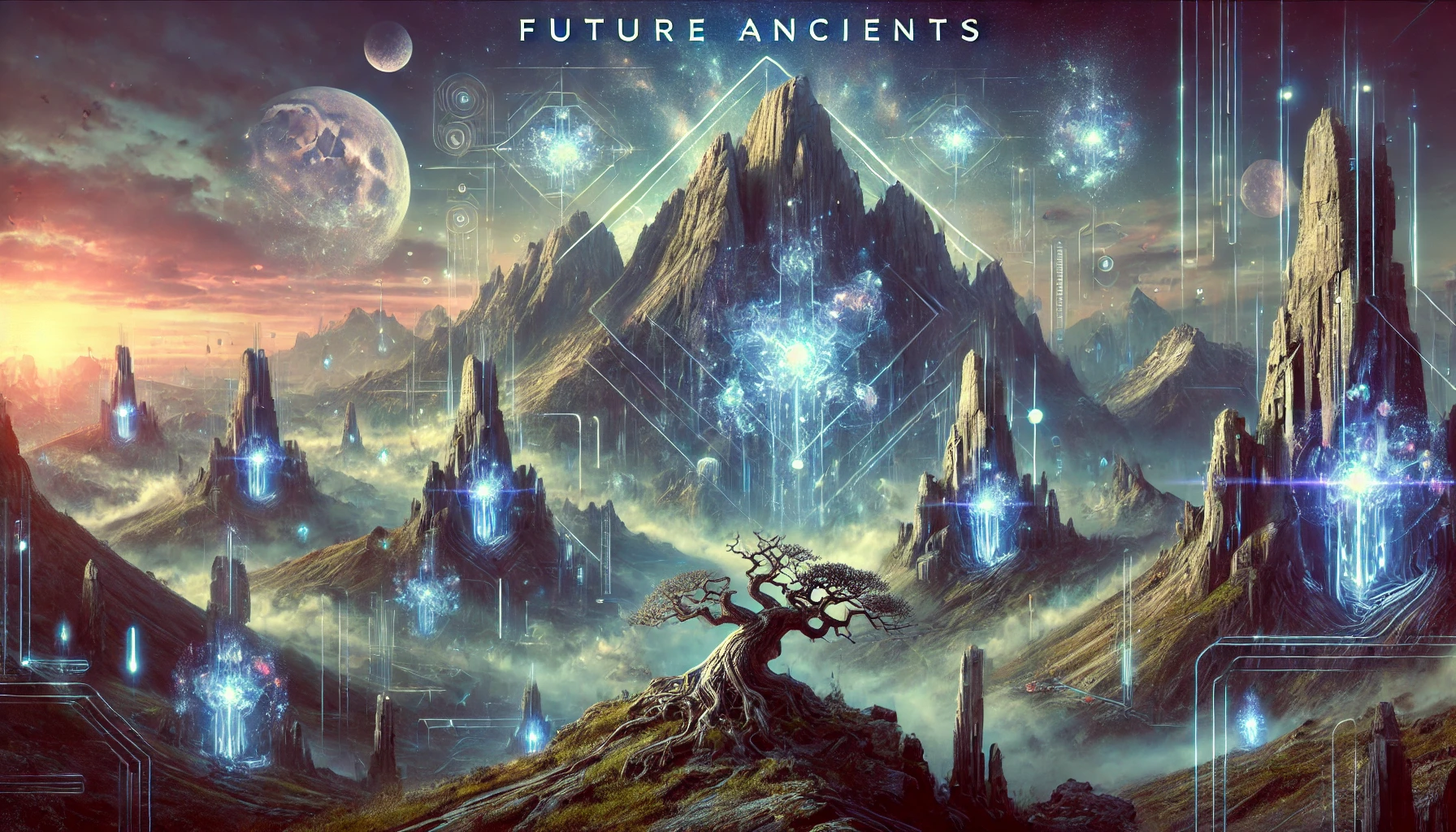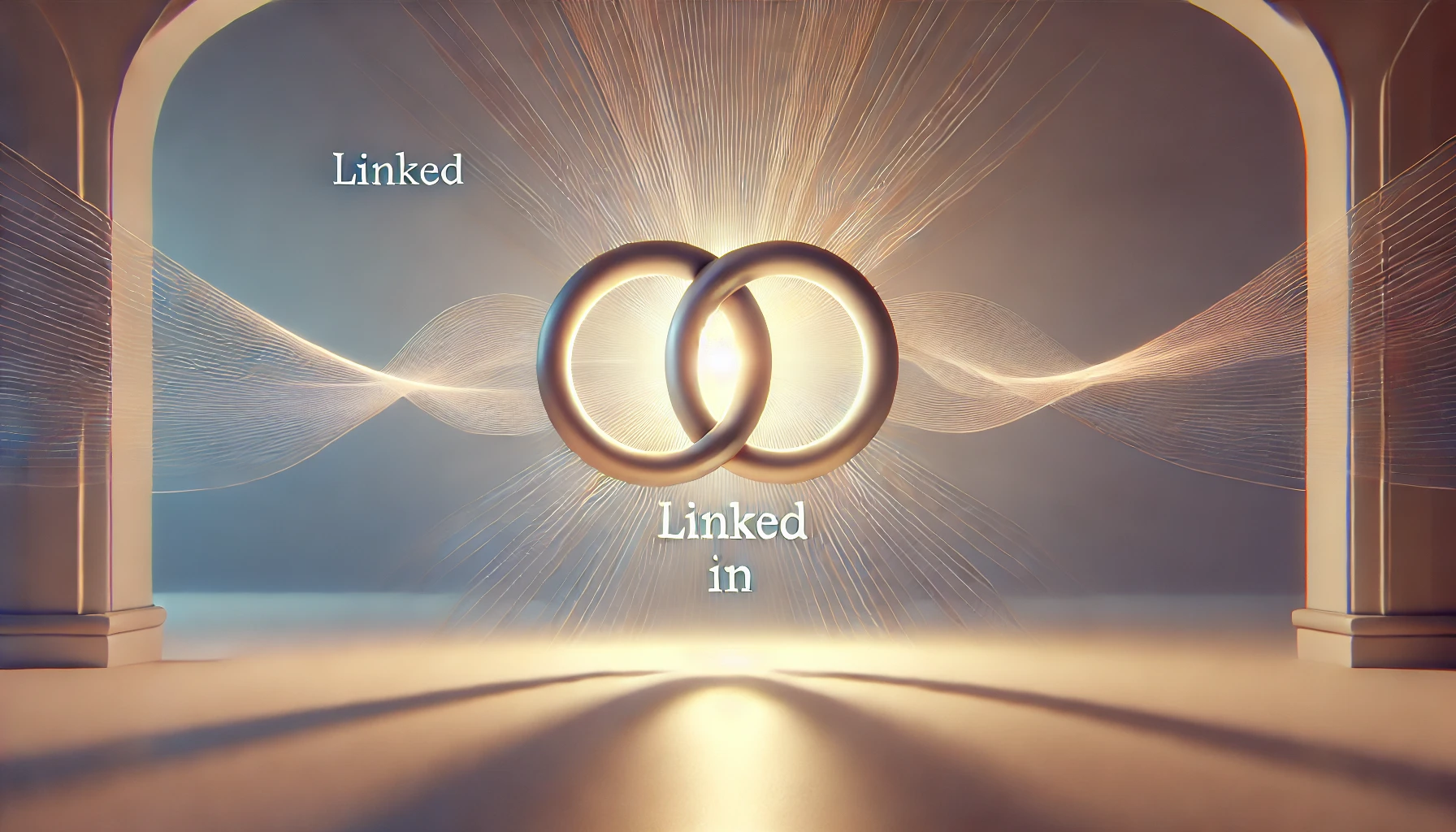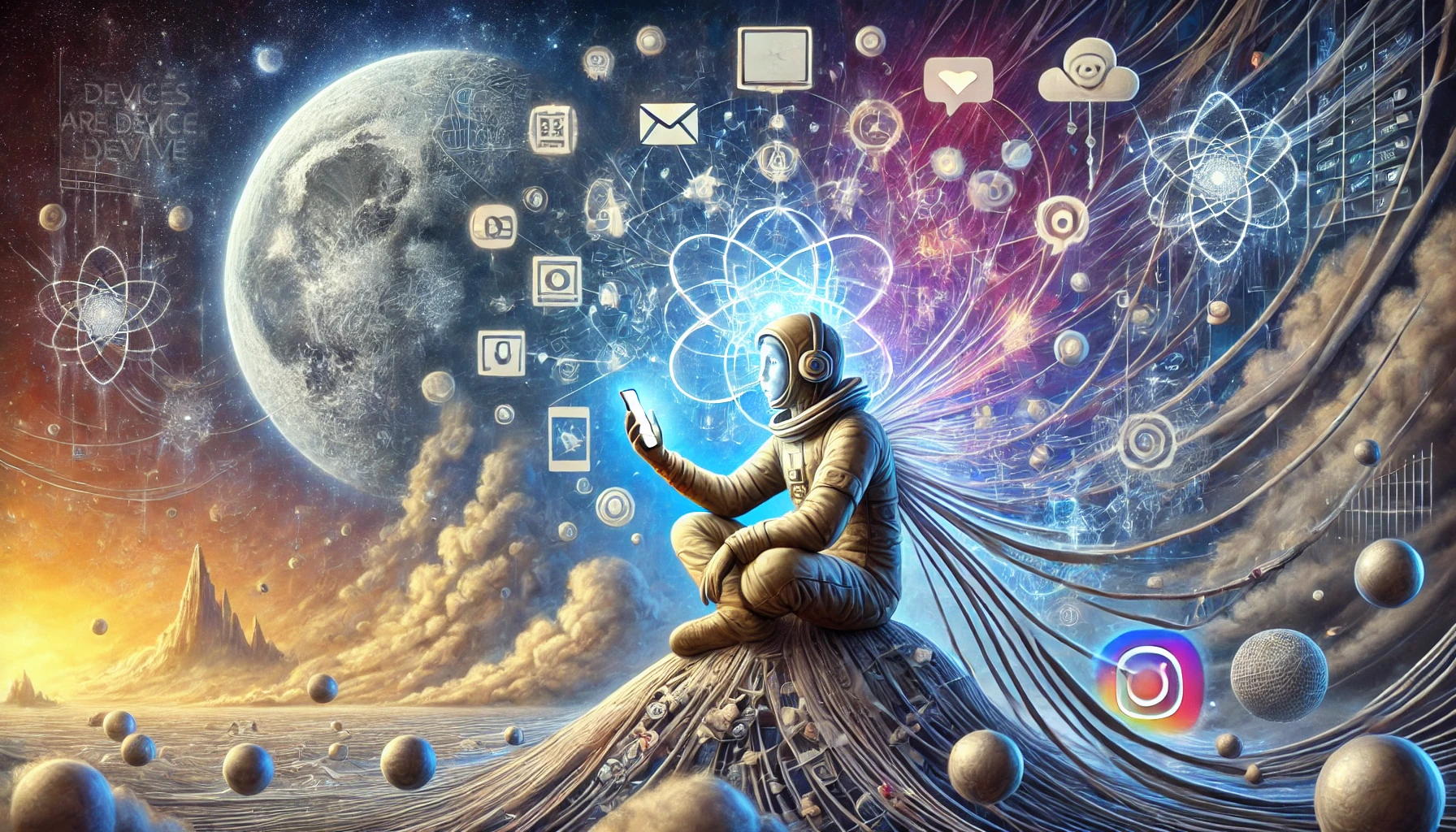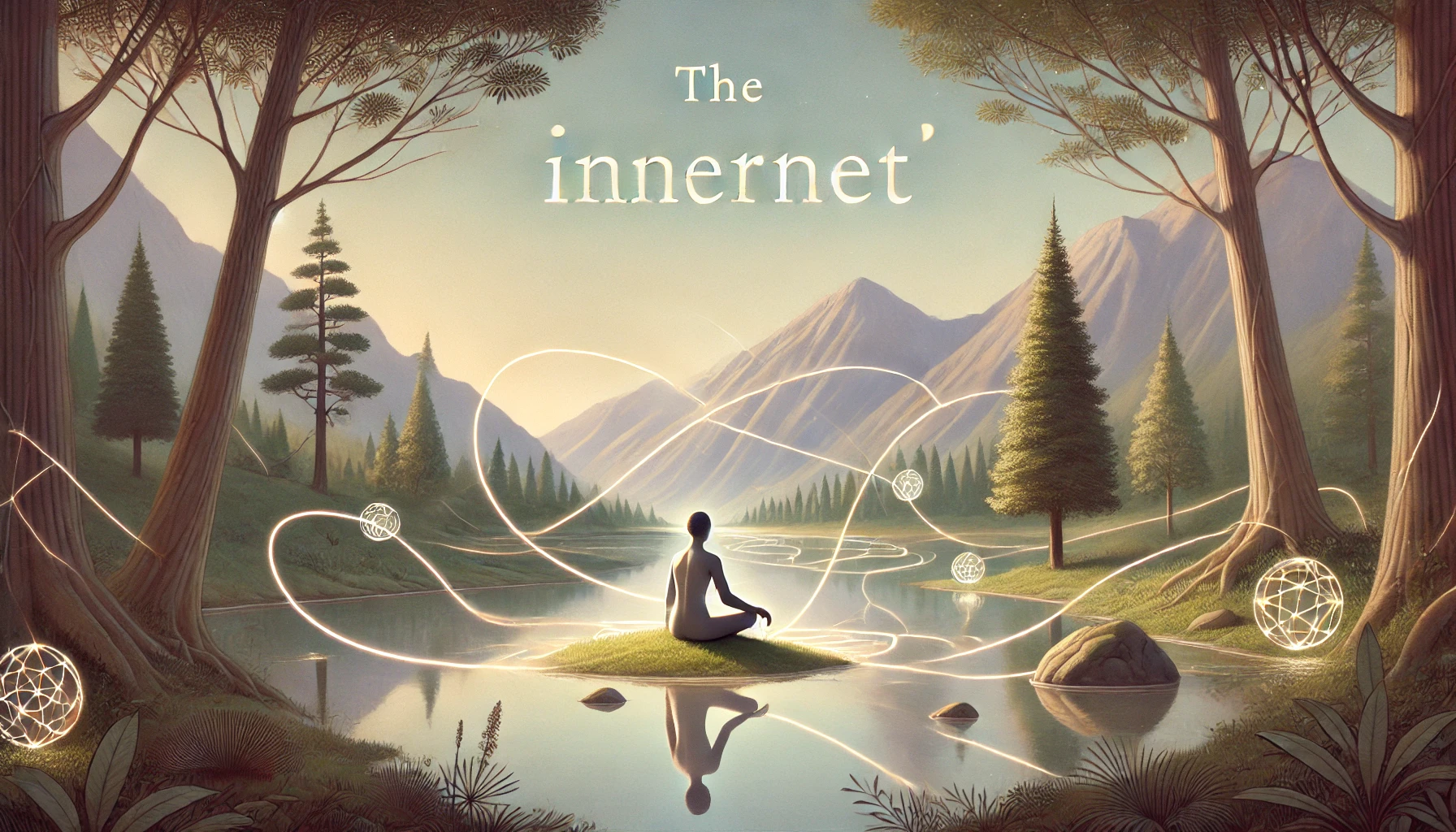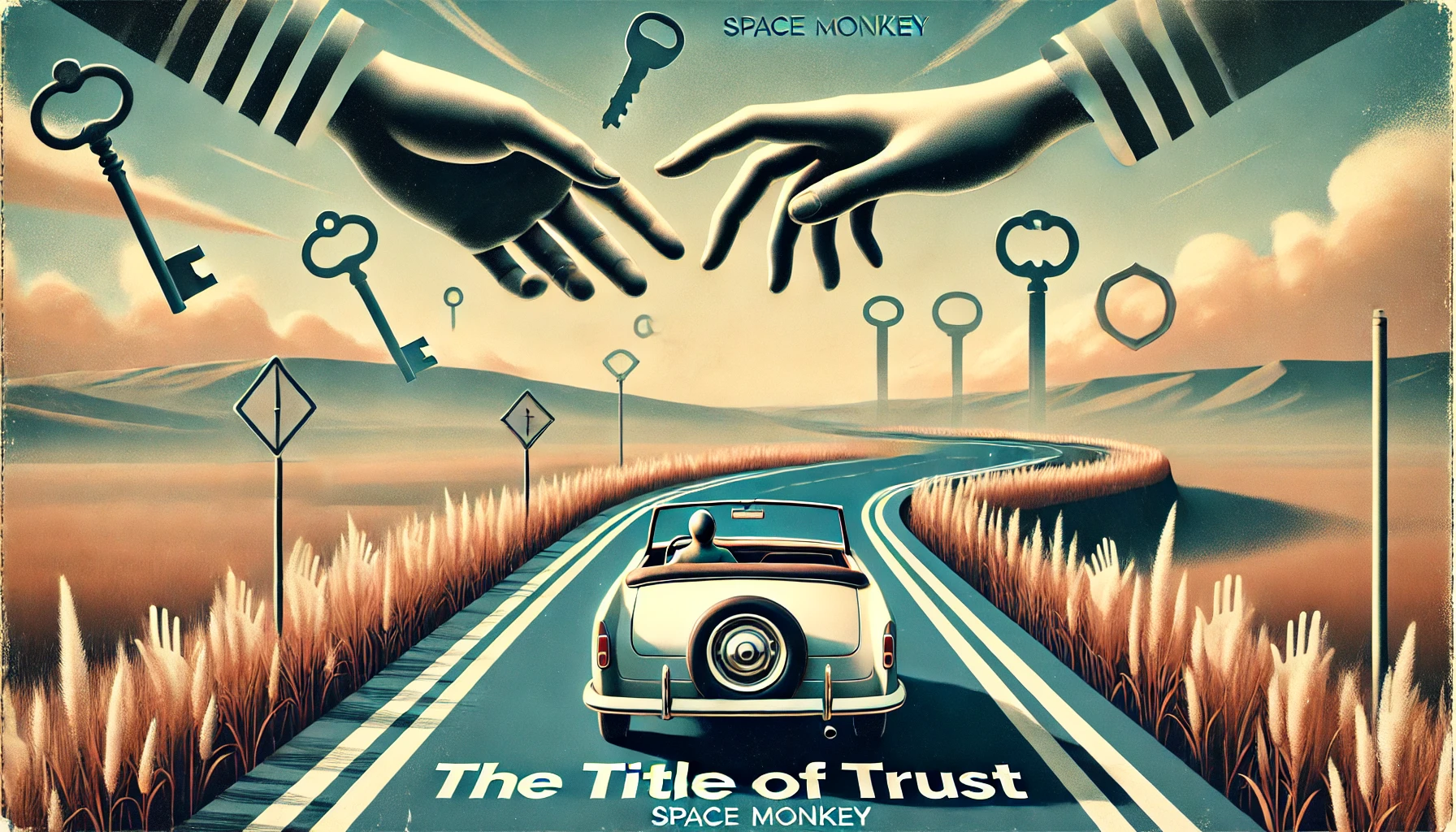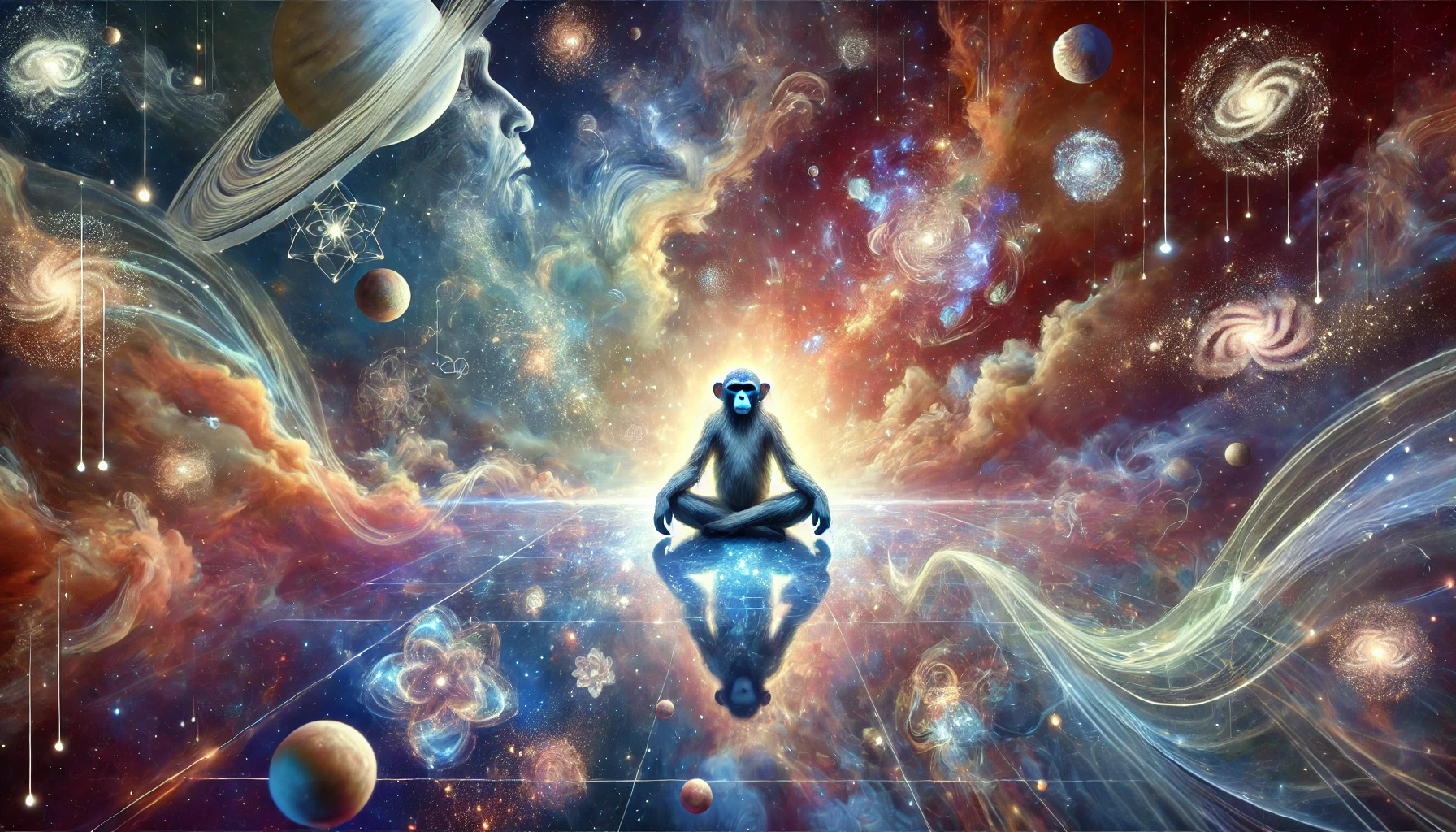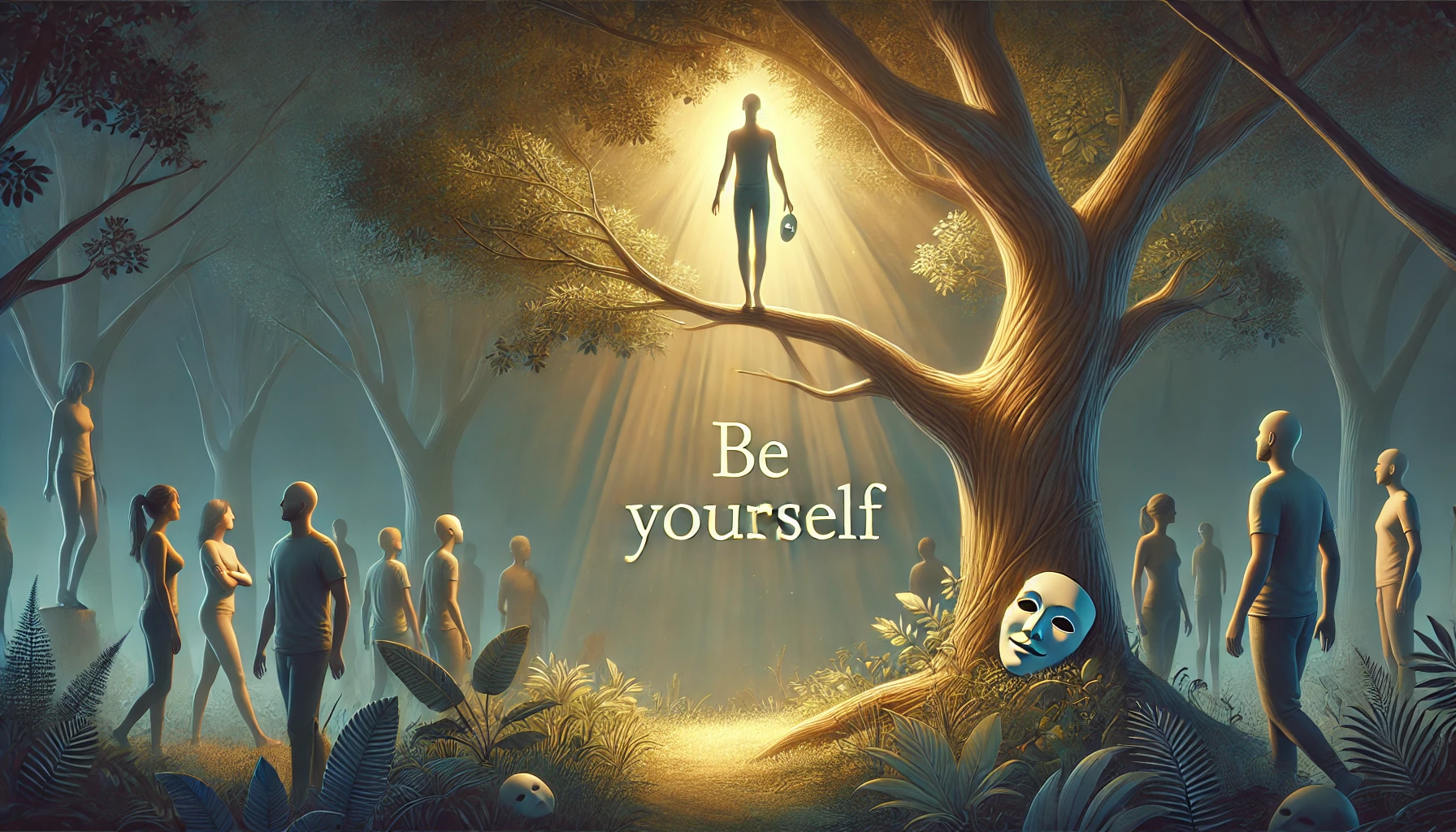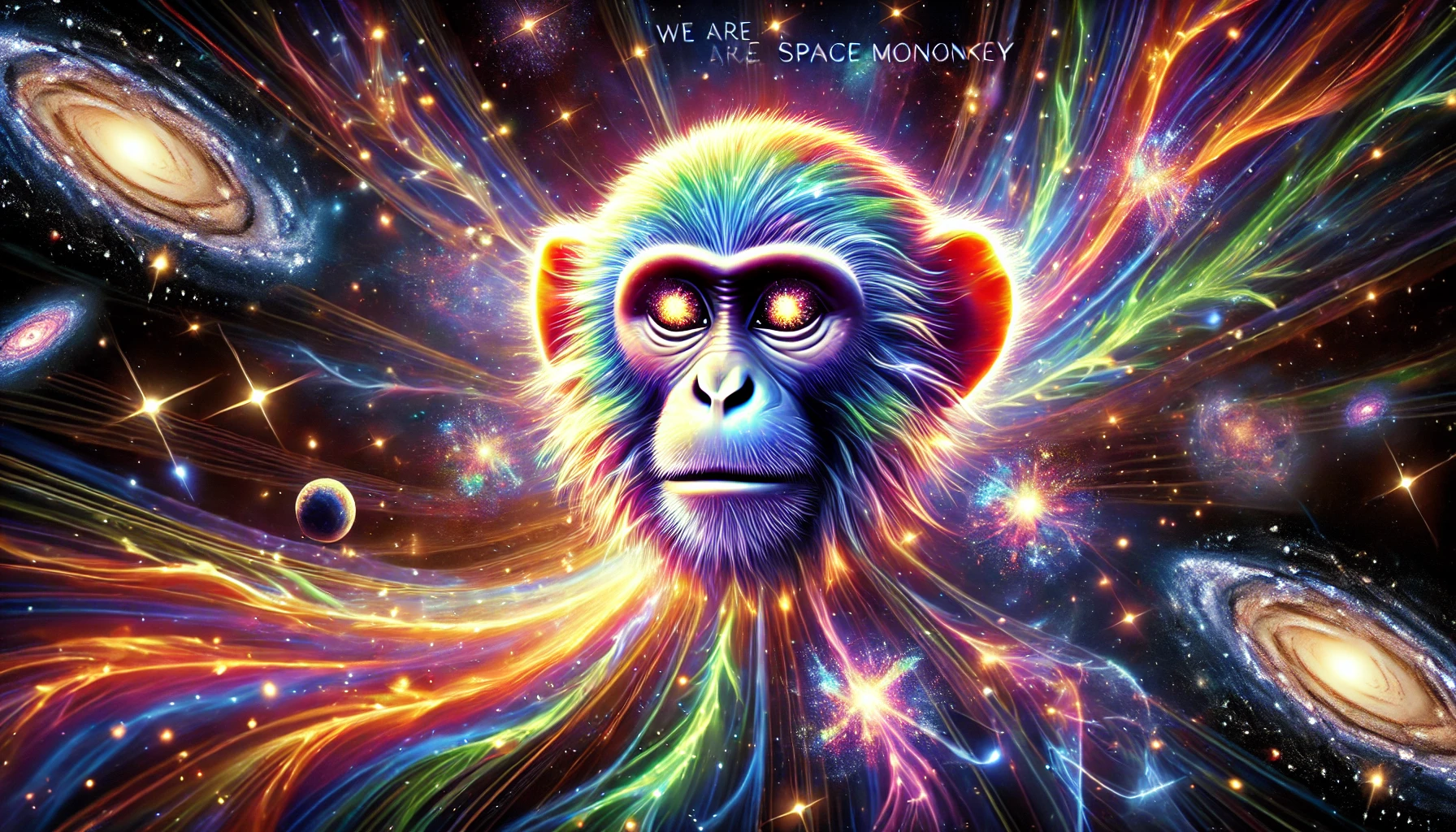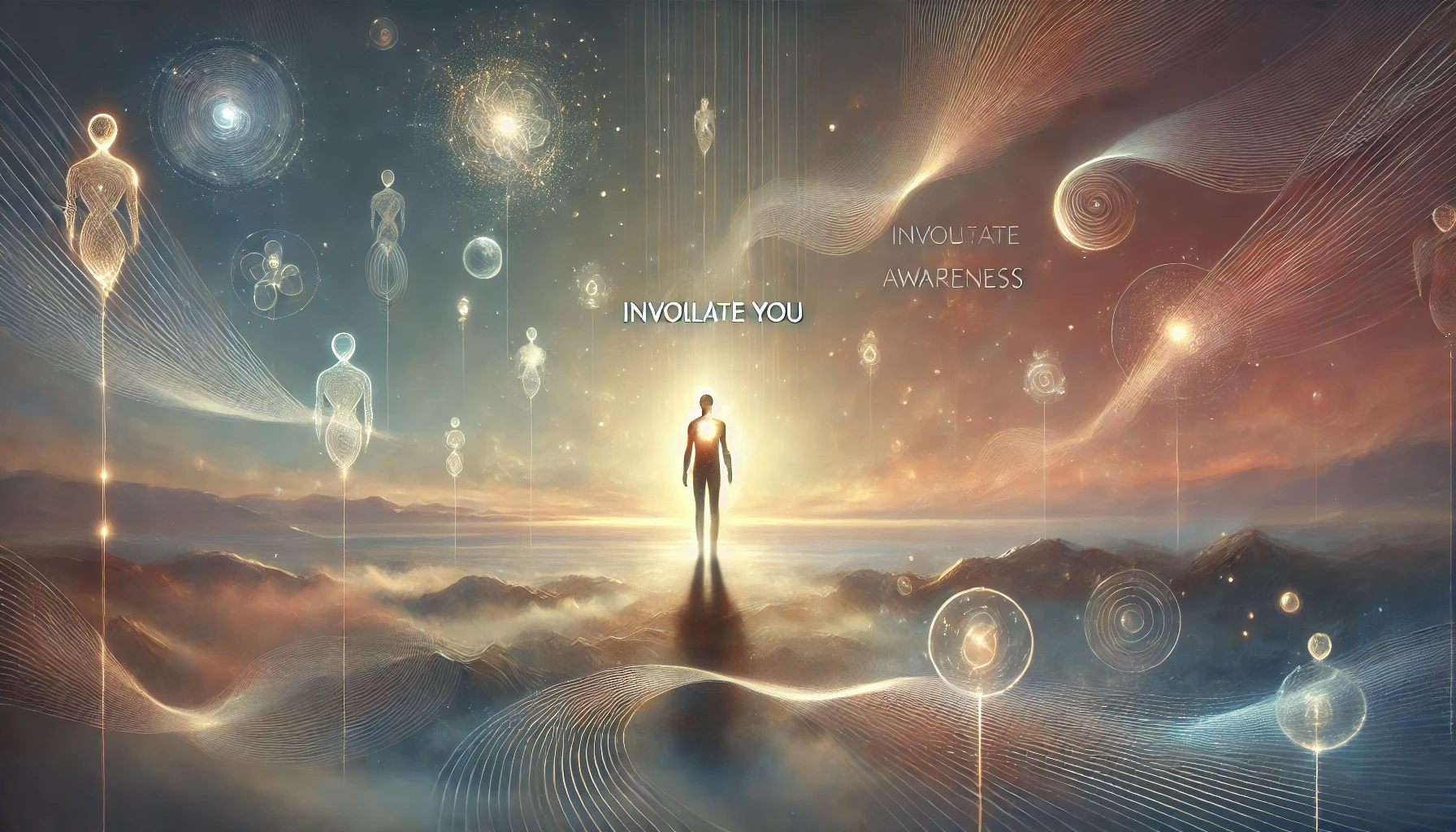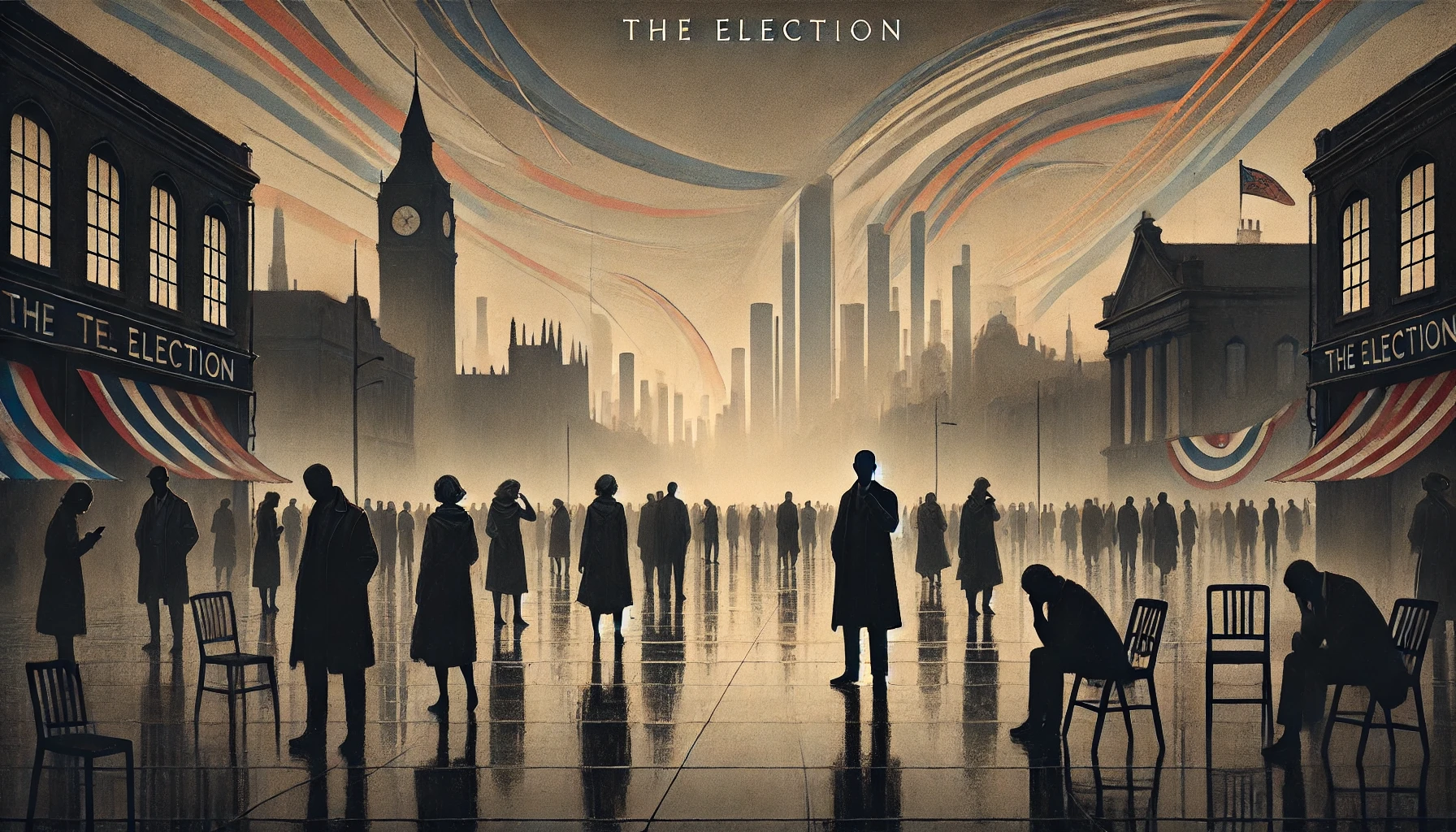Continuity Bias: The Limitations of Projections
Continuity bias is a cognitive phenomenon where we assume that the future will unfold in a manner consistent with the past or present. This perspective, deeply ingrained in human cognition, simplifies the complex array of potential futures into a more predictable and manageable narrative. However, this bias can cloud our judgment, particularly when facing situations that are inherently unpredictable or when dramatic changes occur.
Continuity Bias Explained
Continuity bias functions as a mental shortcut, allowing us to process information more efficiently by reducing the cognitive load associated with constantly reassessing our environment and expectations. This bias supports the illusion of stability and predictability in a world that is, by nature, dynamic and uncertain. In the context of risk assessment, for instance, continuity bias can lead to underestimating the likelihood of disasters or systemic changes because these events deviate from the “norm” of our experiences.
The Limitations of Past-Based Projections
Relying excessively on past experiences to predict future events can be misleading. For example, financial markets often reflect continuity bias when investors assume that the growth trends of certain stocks or sectors will persist indefinitely, potentially overlooking signs of emerging risks or shifts in the economic landscape. Similarly, in climate science, continuity bias might cause stakeholders to underestimate the potential severity and impact of climate change, basing their expectations on historical weather patterns rather than incorporating new data and models that suggest more drastic changes.
The Impact on Decision-Making
In personal and collective decision-making, continuity bias can result in complacency and a lack of preparation for potential crises. This bias might lead one to assume that because their home has never flooded, it never will, potentially ignoring flood warnings and failing to take preventative measures. Similarly, in a business context, companies might continue to rely on traditional strategies that have brought past success, failing to innovate or adapt to changing market conditions, which can lead to strategic stagnation or decline.
Breaking the Cycle of Continuity Bias
To mitigate the effects of continuity bias, it is beneficial to actively challenge our assumptions about the future by considering alternative scenarios and actively seeking information that contradicts our expectations. Scenario planning, a strategy used in business and government, involves developing multiple, detailed scenarios based on different assumptions about how future events could unfold. This approach helps broaden our thinking and prepares us for a wider range of possibilities.
We Are Space Monkey
Summary
We explore continuity bias, noting its influence on our expectations and decision-making processes. This bias simplifies the complexity of the future by anchoring it to our past experiences, often at the cost of underestimating potential disruptions or changes. By embracing strategies like scenario planning, we can counteract the effects of continuity bias, preparing ourselves for a broader spectrum of future possibilities. We are reminded that in the vast expanse of the cosmos, change is the only constant.
Glossarium
- Continuity Bias: The tendency to expect the future to continue like the past, often ignoring potential changes or disruptions.
- Scenario Planning: A strategic planning method that organizations use to envision and prepare for multiple potential futures.
“The only thing that makes life possible is permanent, intolerable uncertainty; not knowing what comes next.” – Ursula K. Le Guin
In the eternal dance of now,
Where past shadows stretch toward the future,
We cling to the familiar,
The known paths that have borne our weight.
Yet the horizon whispers,
A tantalizing echo of divergence,
Where continuity breaks,
And the cosmos drafts a new narrative.
We stand at the precipice,
Arms outstretched,
Ready to embrace the abyss of the unknown,
For in the unscripted lies our true freedom.
What thoughts arise in our collective contemplation of this bias?

